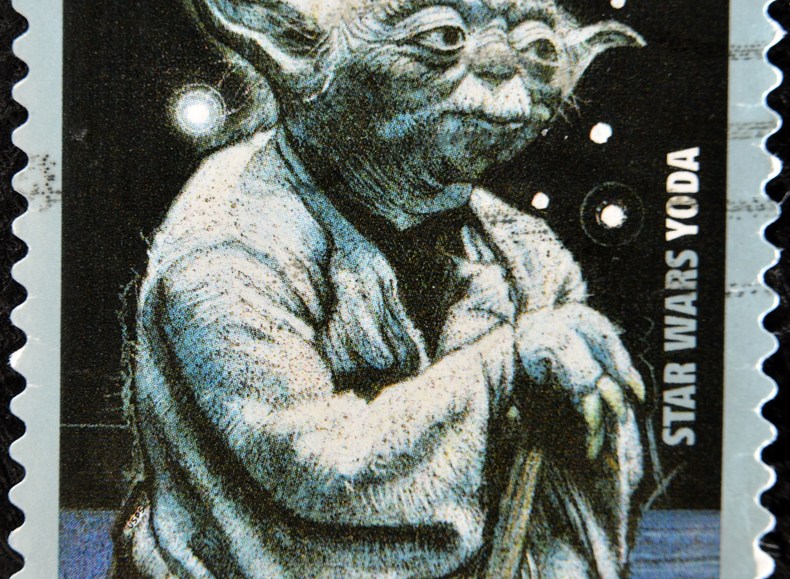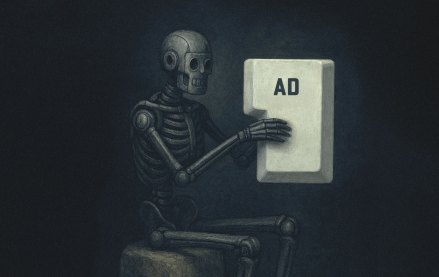Last chance to save on Digiday Publishing Summit passes is February 9

Drew McLellan has been in the advertising industry for more than 25 years. Today, he leads up the Agency Management Roundtable, which advises agencies on building profitability.
Long after the Web evolved into a marketing tool that could be used by brands, agencies scrambled to hire executives that knew digital.
Advertising became so obsessed with the idea of digital that they felt the need to change the way they did business to keep up with the rhetoric. Digital Jedis and other strange roles were created to ensure clients knew that the agency could do digital. But what has the role of digital really changed? And is it necessary to differentiate agency executives with traditional and digital nomenclatures?
We are winding down in the shiny-object stage of the digital invasion, and, luckily, saner heads are prevailing. Like print and broadcast, digital is simply a medium — it is not a strategy. Like all mediums, it comes with its own set of etiquettes and rules, but in the end, good brand strategy should be driving how agencies guide their clients.
Because digital is so ubiquitous, there isn’t a person in an agency today that shouldn’t be taking digital into account with every client decision they make. Digital isn’t just a way to access information or entertainment. Digital has become an overlay that touches nearly every aspect of daily life. Even if you are using traditional media to drive a message, there is (or should be) a digital play or connection within that process.
The collision of these two moments, agencies becoming more mature in terms of their digital chops and consumers weaving digital technology into every aspect of their lives, is forcing agencies to rethink how they position their digital skills. Fortunately, we’ve moved away from silo departments to a more holistic core-competency model that permeates throughout an entire agency.
Agencies need to recognize that every person on staff needs to have a degree of digital sophistication. For small- and medium-sized shops, a few things need to occur for your employees to reach the level of expertise needed in this new era. The digital space is moving too quickly for any one person to stay on top of it all. Agencies need to assign a team member as an expert in one facet of digital. This person will serve as the source of information on the niche and must provide information and recommendations on any projects that could include components that relate to their expertise. To educate other members of staff on general information about their subject, each expert should host a regular meeting to break through the invisible silos on a regular basis.
Good agencies don’t sell stuff or communications. They sell ideas that help their clients accomplish their businesses’ goals. To do that effectively, an agency must remain channel-, medium- and tool-agnostic. Not everyone on staff needs to be an expert in everything, but you need to have an expert in each area. This isn’t recreating the traditional idea of silos; it’s creating a panel of experts that can provide more solutions to each project, no matter the medium.
Do away with the digital this or that. Forget about bringing in digital experts. If you have to differentiate your agency and your staff with these titles, it’s time to get a job at the local hardware store. I hear they are looking for dining-room specialists.
Image via Shutterstock
More in Marketing

OpenAI’s plan for ChatGPT ads starts with brands, not agencies
The industry has found out more about the upcoming tests via whispers, rumors and reporting, rather than OpenAI’s own ads team.

Dentsu is the latest holdco to reunite media and creative production
The agency group’s AI-led production solution is the latest sign big players are rebundling their services. But indies are too.

The case for and against pre-game Super Bowl ads
Super Bowl ads are dropping earlier. Is the pre-game hype worth it, or does rolling out teasers too soon dilute the game-day excitement?





